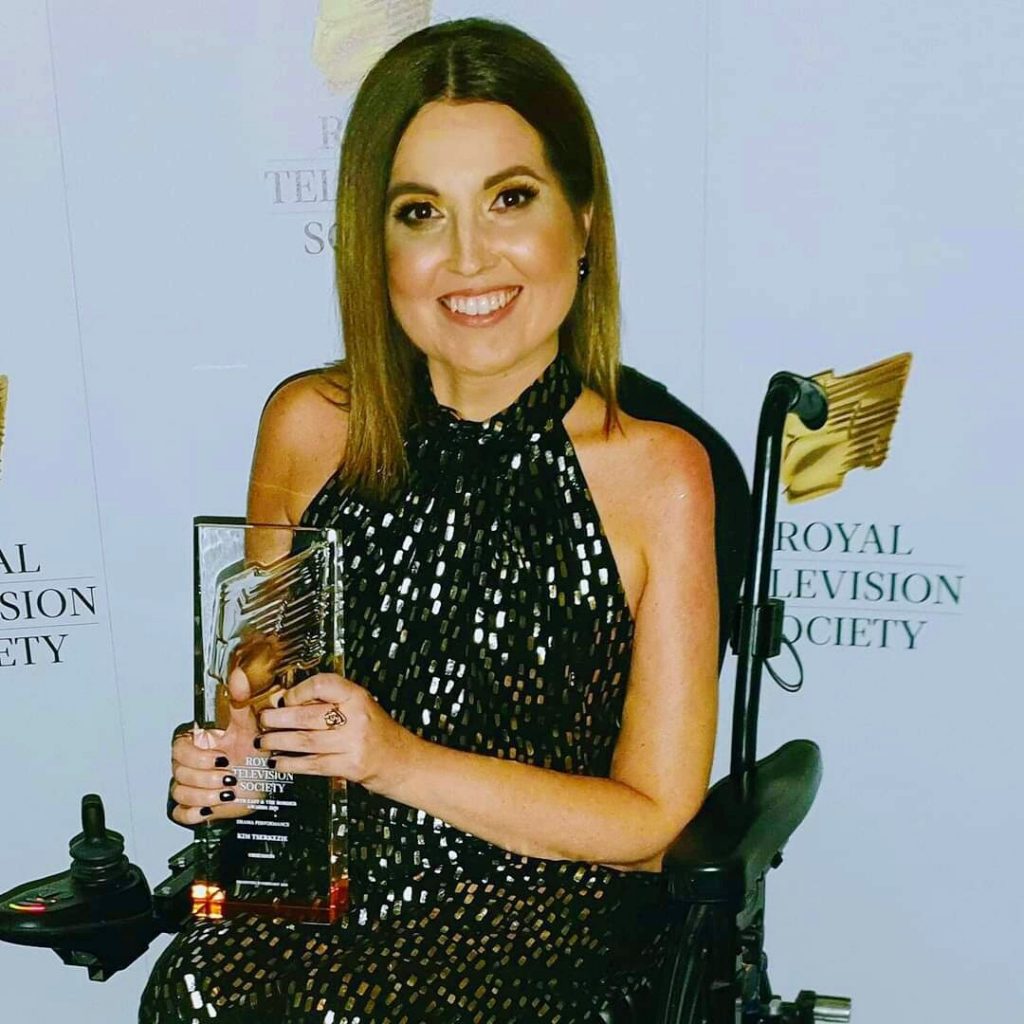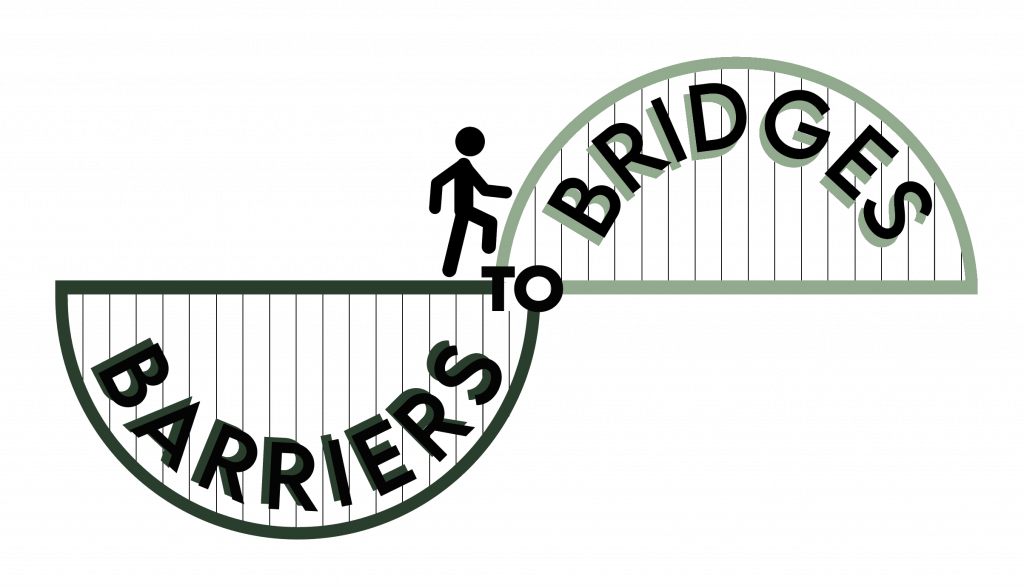by Dawn M. Sanders
“What I was being handed, were ablest views of what it means to be a person with a disability. I was always somebody weak, being looked after by a carer, but I’m a mother, married and a daughter.” Kim Tserkezie

If paying attention, it is easy to notice in the last several years of awards ceremony seasons, the volume of demand for better representation of women or people of colour within the performing arts, has been turned up several decibels. In recent decades, misogyny and racism are more outward than ever, so the resulting backlash is stronger, louder voices of injustice. Yet is there an entire talent base waiting in the wings, being drowned out by the clamour to be represented? The answer could not be clearer. As there have been seismic movements for gender and racial inequalities, the diversity discourse habitually stops short of an entire section of the populous who have always been around. People with additional needs, seen or unseen, work twice as hard to achieve, enjoy the same level of autonomy as others or receive the same recognition within occupational parameters.
The need to learn managing life differently begins from day one but is galvanised in the formative years of education. Ada Eravama, 23 and based in Manchester, is Assistant Director at Mind the Gap theatre company. Immigrating from Nigeria with a visual impairment, she discovered the performing arts in high school. Despite many of her GCSE’s being in drama or art, there was no suggestion in taking that path as, there are unspoken ‘givens’ that certain fields are off limits for a person with additional needs. Someone with a visual impairment will not be a taxi driver or medical doctor, but often not enough is done to ‘make things happen’ where there are possibles. All participants for this article reflected a deep frustration of the rare representation of people with additional needs and when represented, roles often mirror negative societal views. Eravama cites the 1994 film, Forest Gump as a positive portrayal of how a character can thrive with the disability in the background while still getting on with life, joining the army or going fishing – as of course people with additional needs do. She said: “I wish more films were like that. By now, people know about learning difficulty or how a blind person can participate.” However, with the barely visible presence of actors with additional needs, stories with character before additional challenges, could be presumed exceptional.
Multi-award winning Kim Tserkezie, who played Penelope (Penny) Pocket in children’s show Balamory and Jasmine in short film, Obsession, emphasised a downward turn of being handed roles which reflect a societal view of a person with additional needs. “What I was being handed, were ablest views of what it means to be a person with a disability. I was always somebody weak, being looked after by a carer, but I’m a mother, married and a daughter.” Taking stock, Tserkezie reclaimed control and dignity in founding Scattered Pictures – her own production company, providing examples of how things ‘can be done’.
The Big Picture
In many areas of employment, people with additional needs are shunned or railroaded. There is not the same level of encouragement for people with various levels of additional challenges to fulfil their potential or dreams, as there are for others. While educating employers across the board is another conversation, within the world of performing arts, Tserkezie highlights a kind of bending-over-backwards: “We have made cycles of seminars, training sessions and workshops where we are trying to support people without disabilities to understand where we are coming from. Yet we never get to share in the decision making or get on funding boards.” Citing the need for power structures to change from the top.
Auriol Britton, a Bristol-based singer and writer with a visual impairment, played in a short film as a one-off does not think people with additional needs demand better representation enough. She says: “Many people with disabilities aren’t particularly emancipated. they could do more to put across a positive image of what they can do and their relationship with society would see themselves less as victims, but without losing sight, in some circumstances allowances do need to be made.”
Elizabeth Wainwright, a freelance creative with a visual impairment, says it can be scary to demand better. “I’m 53 now, but it’s only up until recently have I begun to shout about it.”
Equally contentious, is people without additional needs playing roles of those with additional challenges. The argument by actors without additional needs is the fact of being commissioned to play ‘something you are not’ Wainwright points out, but the argument falls short when the upshot is a portrayal of societal stereotypes. Tserkezie agrees: “It’s like the industry saying, ‘we don’t think you can sell the film or TV show. We don’t think people want to hear you, look at you…” She stresses exhaustion at having to work harder to overcome barriers placed in the way of doing her job, such as excuses for lack of opportunities or poor representation. Wainwright said: “There are a few of us working incredibly hard.” –being a dogged individual, but for young talent trying to get their foot-in-the-door or those less confident, it is tenable how one can be frozen out of what Tserkezie calls an ablest industry.
On a positive note, Tserkezie has been extremely active within the British Film Institute (BFI). She is on the Disability Advisory Group and has played a pivotal role in helping to influence policy and cast lead roles, for and played by actors with additional needs. Yet, it is still within the wider narrative of equality and diversity itself, that marginalises those perceived as having less agency to shout and be heard.
© 2021

Let’s hope that performing artists with additional needs do get to share in the decision making or get on funding boards. We do need meaningful power changes from the top.